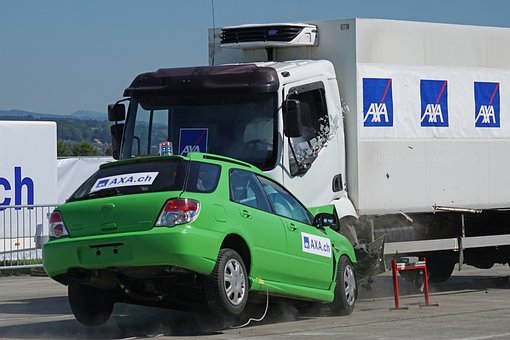Liability car insurance is a type of auto insurance that provides coverage for damages and injuries that you may cause to other people while driving your car.
It’s a mandatory type of insurance in most states, and it’s designed to protect drivers from financial loss if they are at fault in an accident.
In this article, we’ll explore the basics of liability car insurance, including how it works, what it covers, and why it’s important.
How Liability Car Insurance Works
Liability car insurance provides coverage for damages and injuries that you may cause to other people while driving your car.
If you are at fault in an accident, your liability insurance will cover the cost of repairing or replacing the other driver’s car, as well as any medical expenses or property damage that they may have incurred.

Liability insurance does not cover the cost of repairs to your own car or any injuries that you may have sustained.
Liability insurance is divided into two types: bodily injury liability and property damage liability.
Bodily injury liability covers the cost of medical expenses and lost wages that the other driver and their passengers may have incurred as a result of the accident.
Property damage liability covers the cost of repairing or replacing the other driver’s car and any other property that may have been damaged in the accident, such as a fence or a building.
Liability car insurance has coverage limits, which are the maximum amount that the insurance company will pay out in case of an accident.
These limits are usually expressed as a dollar amount per person and per accident, and they vary depending on the policy.
For example, a policy with limits of $25,000/$50,000/$25,000 would provide coverage of up to $25,000 per person for bodily injury, up to $50,000 per accident for bodily injury, and up to $25,000 per accident for property damage.
Why Liability Car Insurance is Important
Liability car insurance is important for several reasons. First, it’s a legal requirement in most states.
If you are caught driving without liability insurance, you may be subject to fines, license suspension, or even imprisonment.
Second, liability insurance protects you from financial loss if you are at fault in an accident.
Without liability insurance, you could be personally responsible for paying for the other driver’s medical expenses, lost wages, and property damage, which could result in financial ruin.
Third, liability insurance provides peace of mind. Knowing that you have insurance coverage in case of an accident can help alleviate stress and anxiety while driving.
How to Choose Liability Car Insurance
When choosing liability car insurance, there are several factors to consider. The first is the coverage limits.
You should choose coverage limits that are high enough to protect you in case of an accident, but that are also affordable.
Keep in mind that higher coverage limits will result in higher premiums. The second factor to consider is the deductible, which is the amount that you will have to pay out of pocket before the insurance company begins to pay for damages.
A higher deductible will result in lower premiums, but it also means that you will have to pay more out of pocket in case of an accident.
Another factor to consider when choosing liability car insurance is the reputation of the insurance company.
You should choose an insurance company that has a good reputation for customer service, claims handling, and financial stability.
You can research insurance companies online or consult with an insurance agent to get recommendations.
Final Words
In conclusion, liability car insurance is a type of auto insurance that provides coverage for damages and injuries that you may cause to other people while driving your car.
It’s a legal requirement in most states, and it’s important for protecting drivers from financial loss if they are at fault in an accident.
When choosing liability car insurance, it’s important to consider the coverage limits, deductible, and reputation of the insurance company.